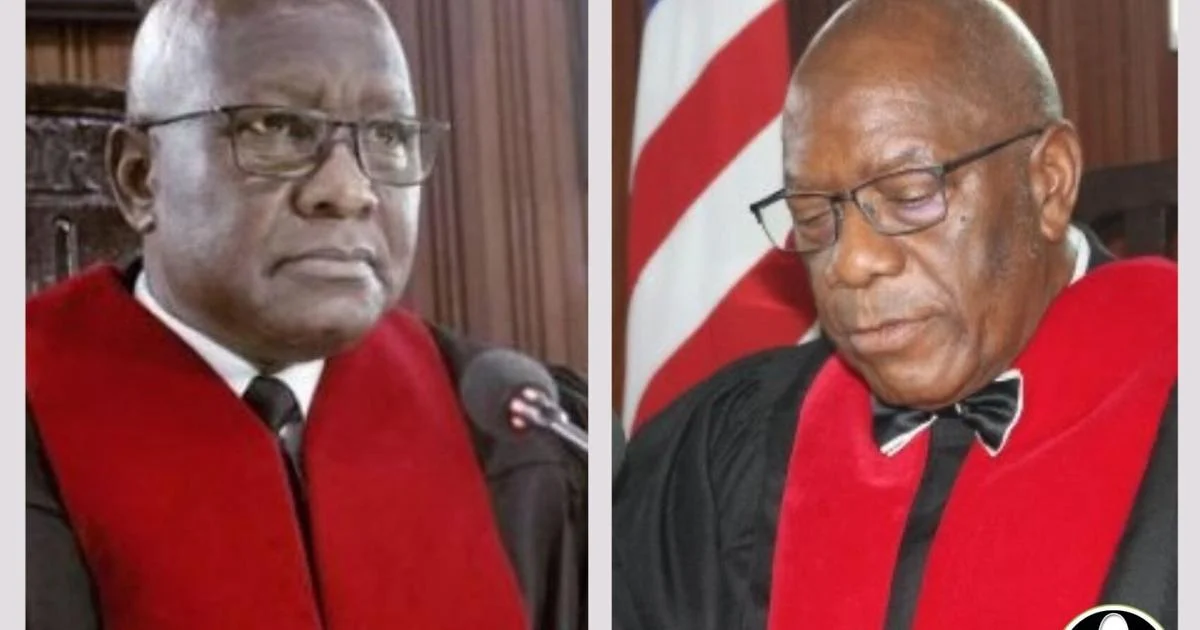
Liberia is increasingly stressing the importance of the rule of law as a fundamental pillar for justice, equality, and democratic governance.
Legal experts and civic leaders warn that the principle must apply uniformly to all citizens, including lawmakers, to prevent corruption, impunity, and the misuse of authority.
“The existence of a lawmaking body does not absolve its members from accountability to the very laws they create,” policy analyst Austin S Fallah writes in his upcoming book Civics for a New Liberia.
He argues that upholding the rule of law ensures that no individual, regardless of position, is above the law, reinforcing trust in government institutions.
In Liberia, all national projects, including infrastructure like roads and bridges, require executive oversight.
This legal stipulation prevents lawmakers from unilaterally exploiting public resources for personal or political gain.
Fallah stresses that legislative authority is derived from the electorate, and lawmakers have a public responsibility rather than immunity.
Cases of officials acting outside legal boundaries, including issuing directives that contradict constitutional procedures, have highlighted the dangers of a culture of entitlement. Such actions, he warns, erode public trust, perpetuate corruption, and weaken democratic processes.
The judiciary is identified as a crucial institution for enforcing accountability.
Citizens are encouraged to challenge unlawful actions by lawmakers through legal channels, protecting both individual rights and societal justice.
“If a lawmaker engages in illegal activities, they should be subject to arrest and prosecution, just like any other citizen,” Fallah asserts.
Law enforcement is also urged to maintain impartiality, distinguishing between lawful governance and politically motivated actions.
Officers must act as protectors of both the law and citizens, resisting misuse of authority for partisan purposes.
Civic engagement, transparency, and adherence to legal procedures are presented as essential for strengthening Liberia’s democracy.
Fallah highlights that reinforcing the rule of law not only ensures fairness but also fosters stability and trust in institutions, paving the way for sustainable development.
By insisting that all citizens, including those in power, are equally subject to the law, Liberia seeks to rebuild a political culture grounded in integrity, accountability, and respect for human rights.
The principle of the rule of law, he concludes, is not merely legal—it is a reflection of the nation’s commitment to justice and democracy.



